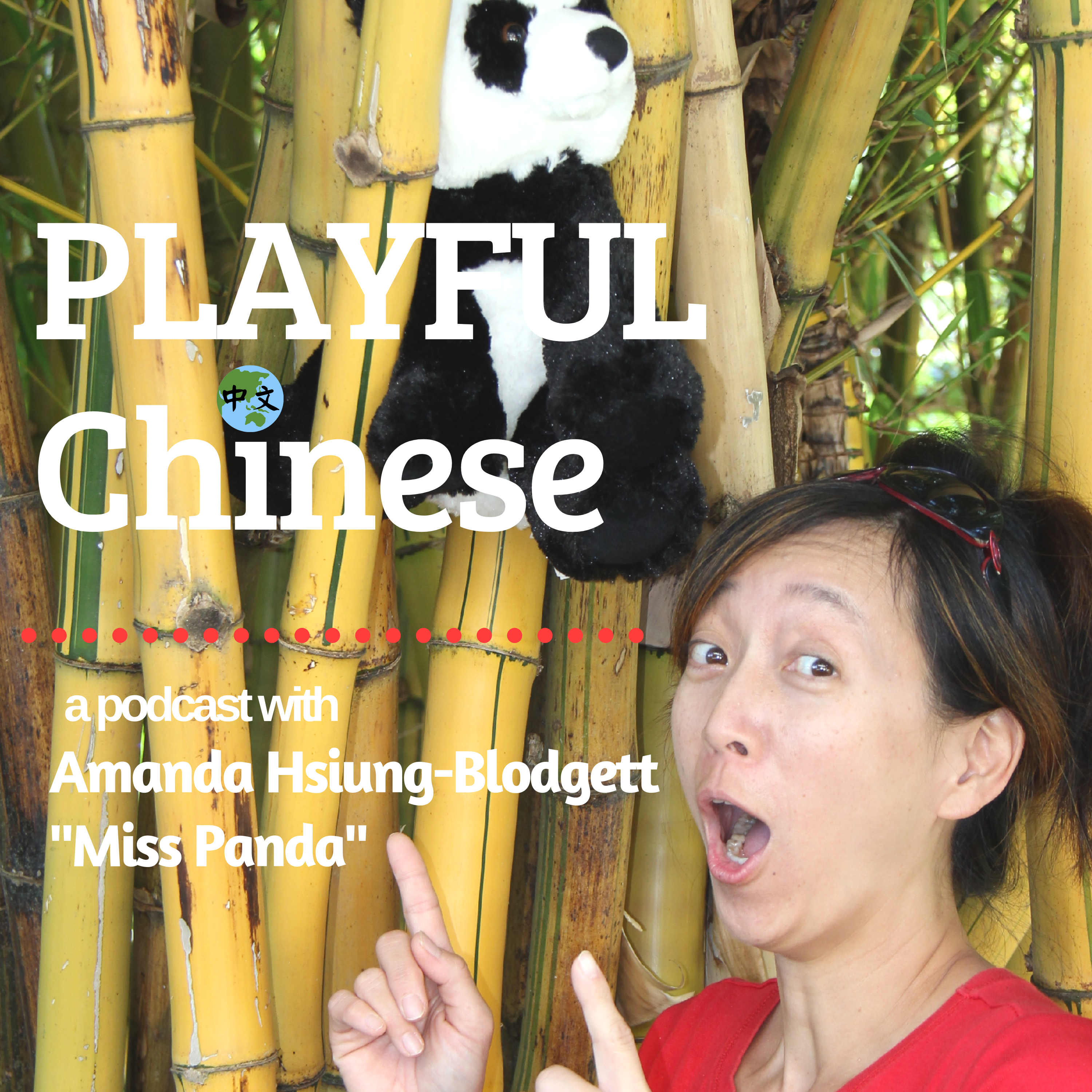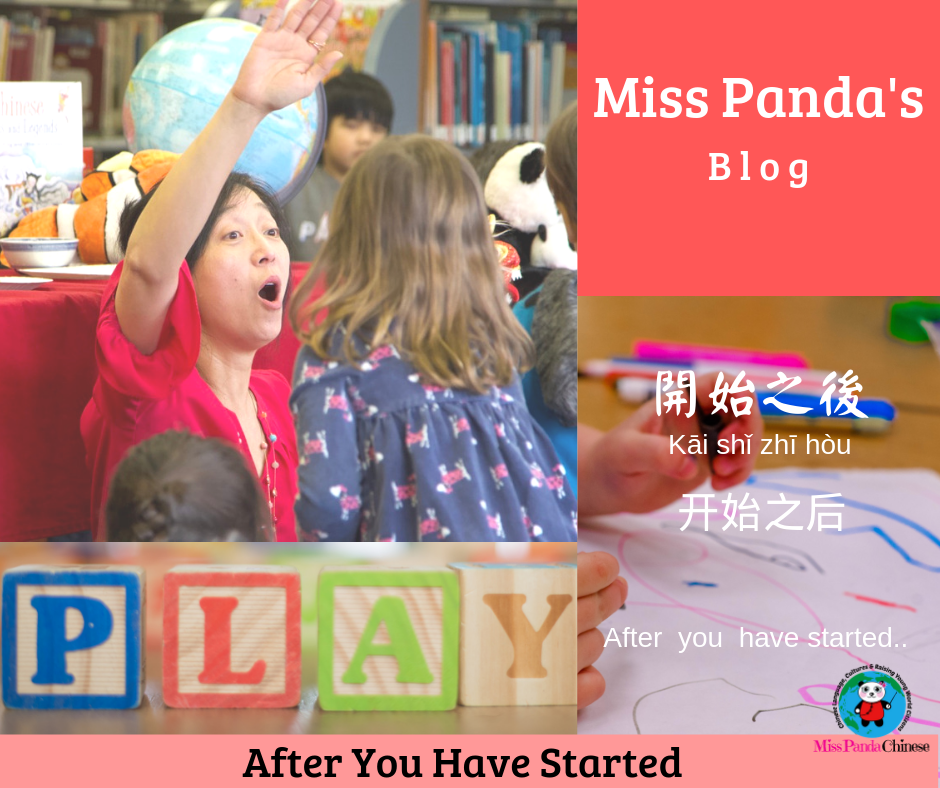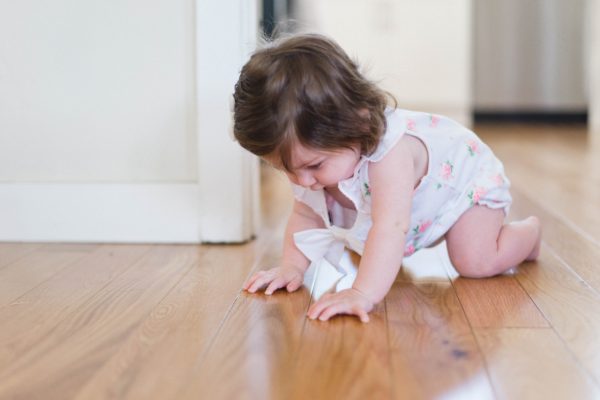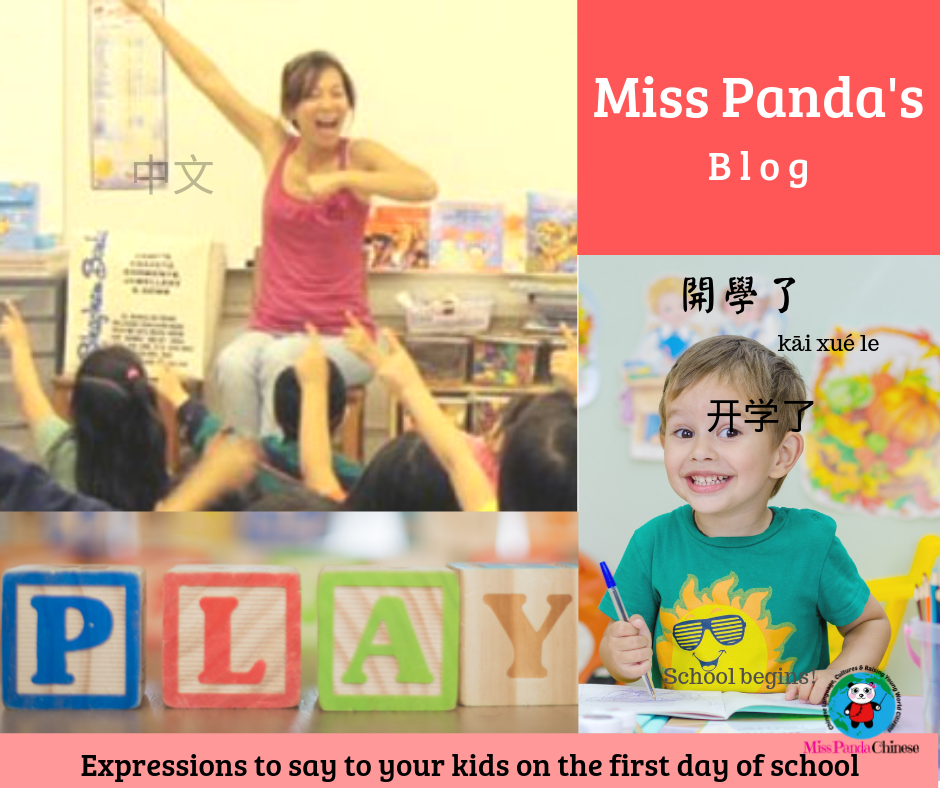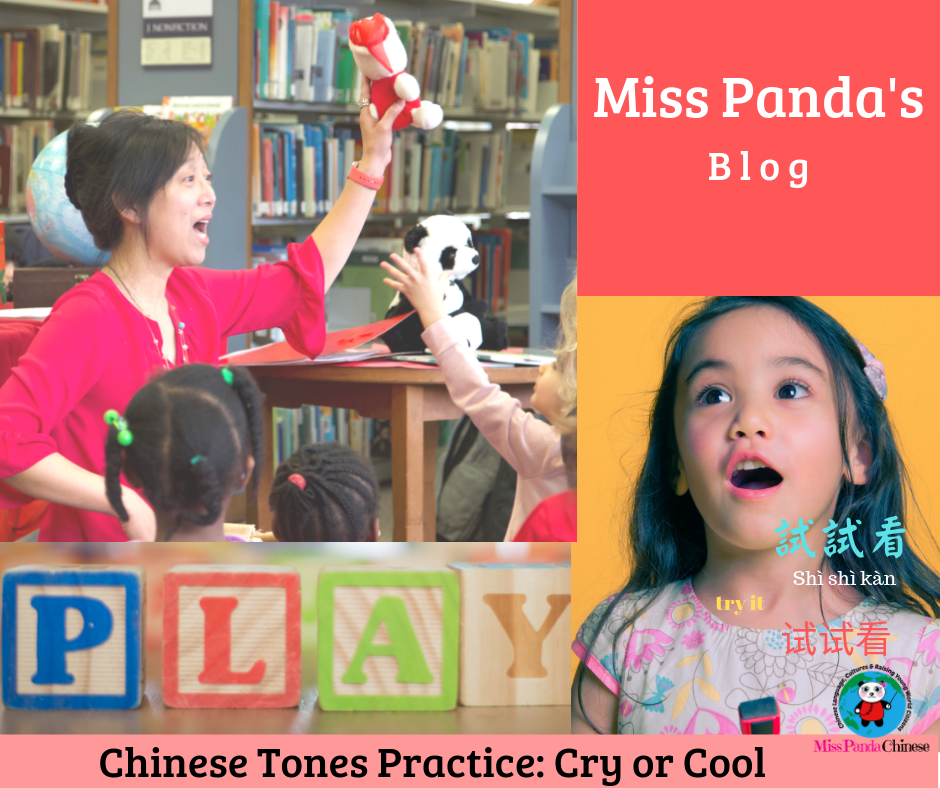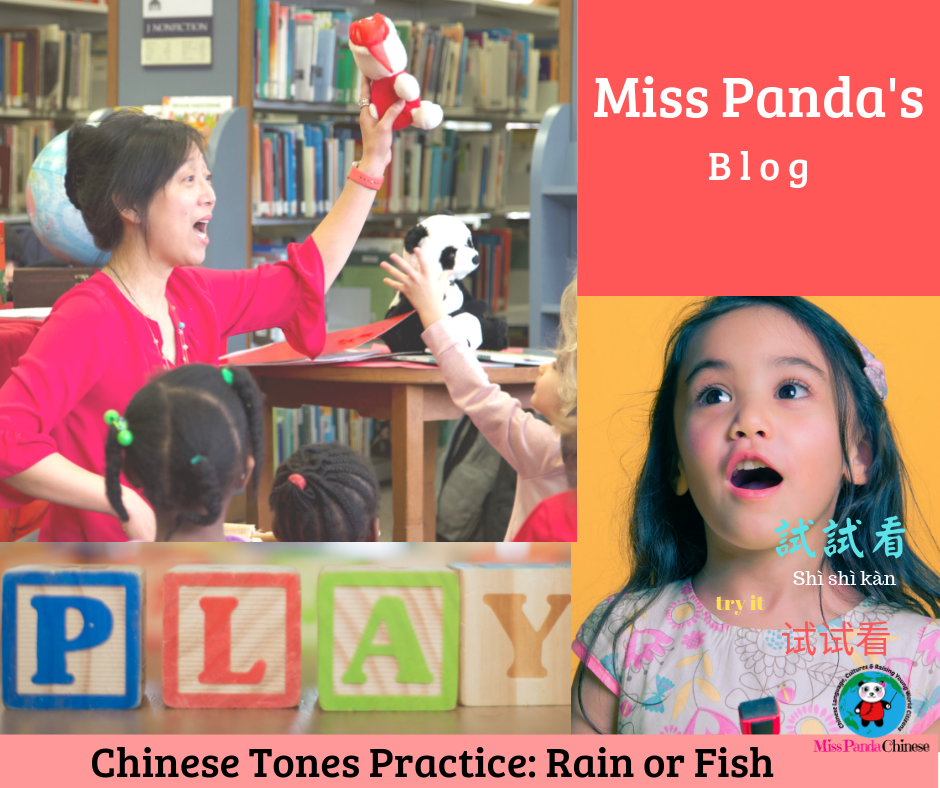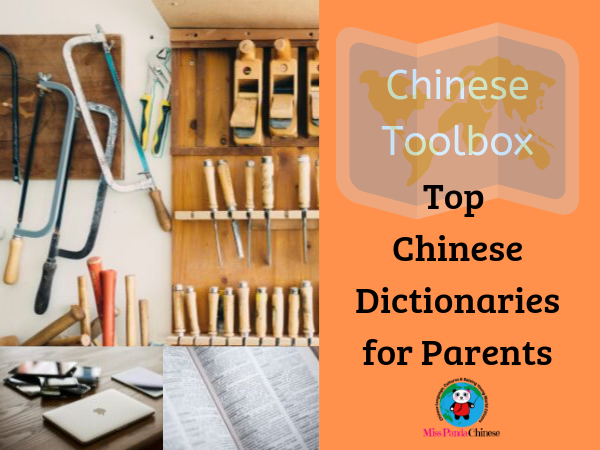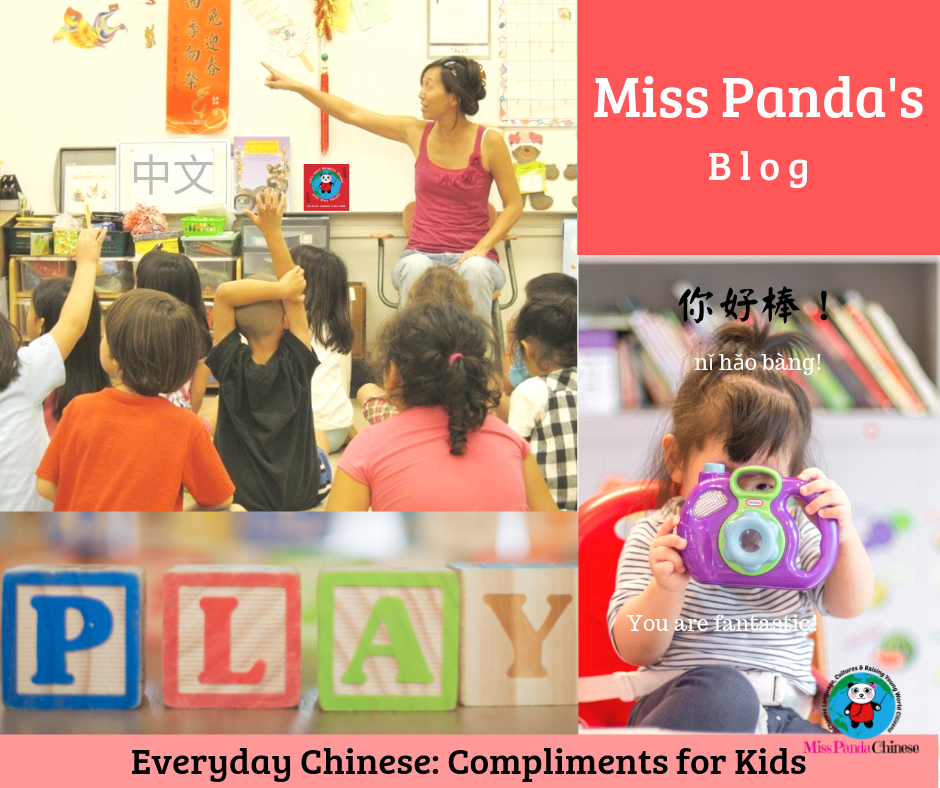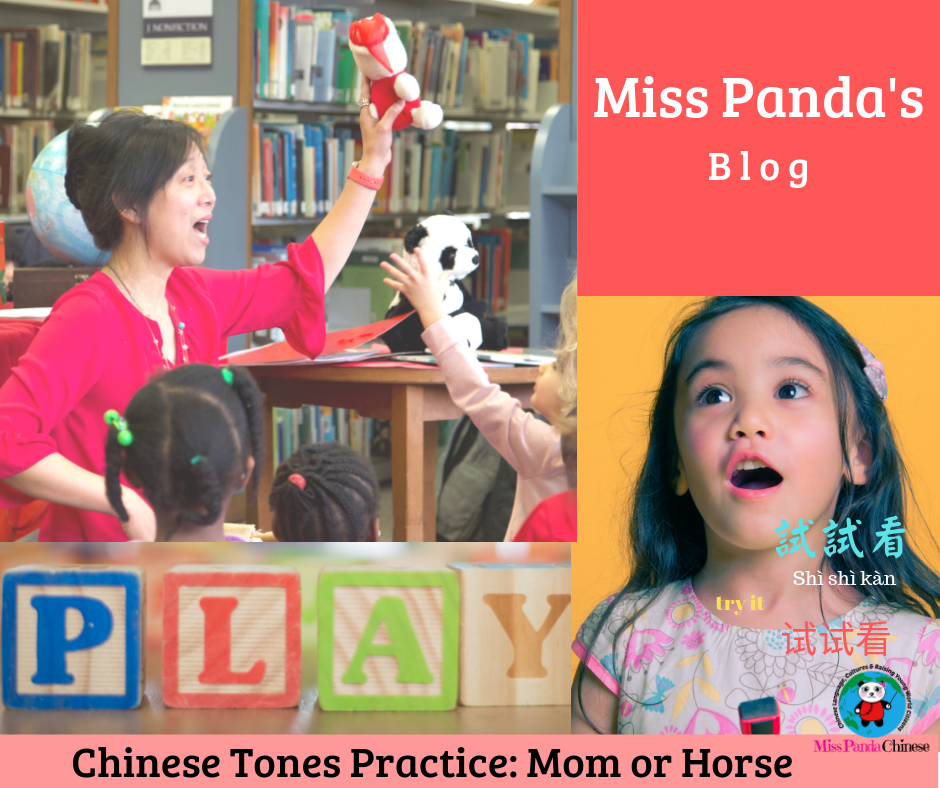Playful Chinese podcast is lighthearted and high-spirited. It is to experience the joy of learning a new language or a heritage language. It is the work I do with children and parents who are new to Mandarin. That’s what you do as you provide your child with the Chinese language and culture learning opportunity. The work we do because we know it is important for the young mind. Therefore, a new podcast. The voice of the Chinese
Read more →Teach Chinese to your child after you have started. Congratulations! You have started the journey with your child. What’s next? Start small and keep it going. Why start small? It is manageable for you and it is not overwhelming for your child. Keep it going. This is the key. Add a small dose of the target language, Chinese to your child’s day. It is building a routine. The routine consists of little things. Keep it simple. Keep
Read more →I want to introduce Chinese to my kid but I am not sure where to start. Where do you start? This is what the school taught us about learning a foreign language. Listening Speaking Reading Writing Repeat after me. Memorization. It is needed but it does not stick. I learn and I forget. Rote learning vs. Inquiry-base learning. I’ve taken French for a couple of years but when I moved to Montreal, Canada. I realized that the
Read more →Happy first day of school! School is about to begin for many children. Do you have a child who is starting preschool or kindergarten soon? Do you have an older child who is heading back to school after the summer vacation? Talk about schools outside of your local community is a way for your child to know about what kids in another part of the world do at the beginning of the year. Here in the
Read more →Chinese tones practice cry or cool. We are looking at two high-frequency words and two short sentences that you and your child can use often. When Chinese is new to you and your child you might find it sounds so different. You might think if it is possible to get it right. Yes, absolutely and especially when you are not practicing tones. For parents, the more you listen to the language at your level or a little
Read more →Chinese tones practice rain or fish. We are looking at two commonly used Chinese words and we have them in two sentences. Children enjoy listening to songs. When they hear songs they hear intonation. Mandarin is a tonal language like many Asian languages. If you sing you have experience with tones. So, the more you and your child listen to songs, sentences, and stories the better you are familiar with tones in Mandarin. Listen and listen more.
Read more →Teach Your Kids Chinese When It Is Not Your Native Language. When I talk about the Chinese language, I mean Mandarin. There are two questions that I hear from parents often. Is it possible to introduce Mandarin Chinese to my child when I don’t speak Mandarin? Will I be able to teach my kid Chinese when I don’t speak it perfectly? If you have watched one of my Mandarin immersion programs for the little learners’ videos you
Read more →A craftsman must sharpen his tools if he wants to do his work well. -Confucius Gōng yù shàn qí shì bì xiān lì qí qì 工欲善其事 必先利其器。 Top Chinese English dictionaries for parents who are new to the Chinese language or who need assistance with pronunciation, stroke order, and usage. All five Chinese English dictionaries are handy tools to have. However, you don’t need to have all of them. If you can choose one for your devices
Read more →Everyday Chinese Compliments for Kids, we are looking at 10 commonly used expressions that you can use with your child. These are short and sweet. You can use them when the kids are doing a good job of putting on the clothes, shoes or getting ready to go out with you. There are many different ways to praise children in English. However, in Mandarin, you will see some repetitive words in this list of compliments. The expressions
Read more →Chinese tones practice mom or horse. We are going to look at two important Chinese words and we are going to hear them in two sentences. Young children listen to words and sentences without the disposition of tones. They hear a sentence and they say it. Sometimes it might be slightly different from what I say but with consistent input children “correct” themselves without any assistance. This shows that if they consistently hear clear, correct, and native-like
Read more →